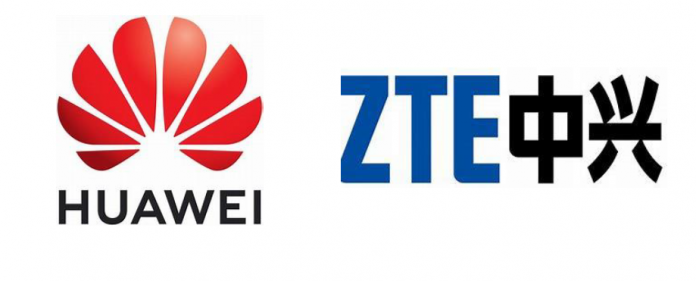The Federal Communications Commission (FCC or Commission) has adopted rules to implement the Secure and Trusted Communications Networks Act of 2019. The Order adopted by the Commission requires the FCC to publish a list of communications equipment and services determined to be a risk to national security that has been identified by certain executive branch interagency bodies, the Department of Commerce, Congress, or U.S. national security agencies. The Order also adopts rules for the Secure and Trusted Communications Networks Reimbursement Program, which will provide funding to smaller providers of advanced communications services for the removal and replacement of equipment and services on the list published by the FCC, conditioned on the appropriation of funds by Congress. Finally, the Order requires all providers of advanced communications services to report whether their networks include any covered communications equipment or services acquired after August 14, 2018, and mandates strict reporting requirements related to the ongoing presence of insecure equipment in U.S. communications networks.
Relatedly, the FCC took two actions concerning Chinese telecom companies. First, it upheld a Public Safety and Homeland Security Bureau order designating Huawei Technologies Co., as well as its parents, affiliates, and subsidiaries, as posing a national security threat to the safety of communications networks and the communications supply chain. Finding that Huawei is susceptible to Chinese government pressure to participate in espionage activities, the FCC denied Huawei’s application for review and, as a result, Universal Service Fund money may not be used to purchase, obtain, maintain, improve, modify, or otherwise support any equipment or services produced or provided by Huawei.
In its second related action, the FCC initiated a proceeding to determine whether to end China Telecom (Americas) Corporation’s authority to provide domestic interstate and international telecommunications services within the United States. In April, the Commission issued an order requiring the company to show cause why the FCC should not start a process or revoking and terminating its domestic and international Section 214 authorizations, and the Commission has now determined that China Telecom Americas failed to provide a satisfactory response. The proceeding initiated by the FCC under Section 214 will also consider whether China Telecom Americas complied with its 2007 letter of assurances to the Department of Justice — including the FBI — and Department of Homeland Security.








